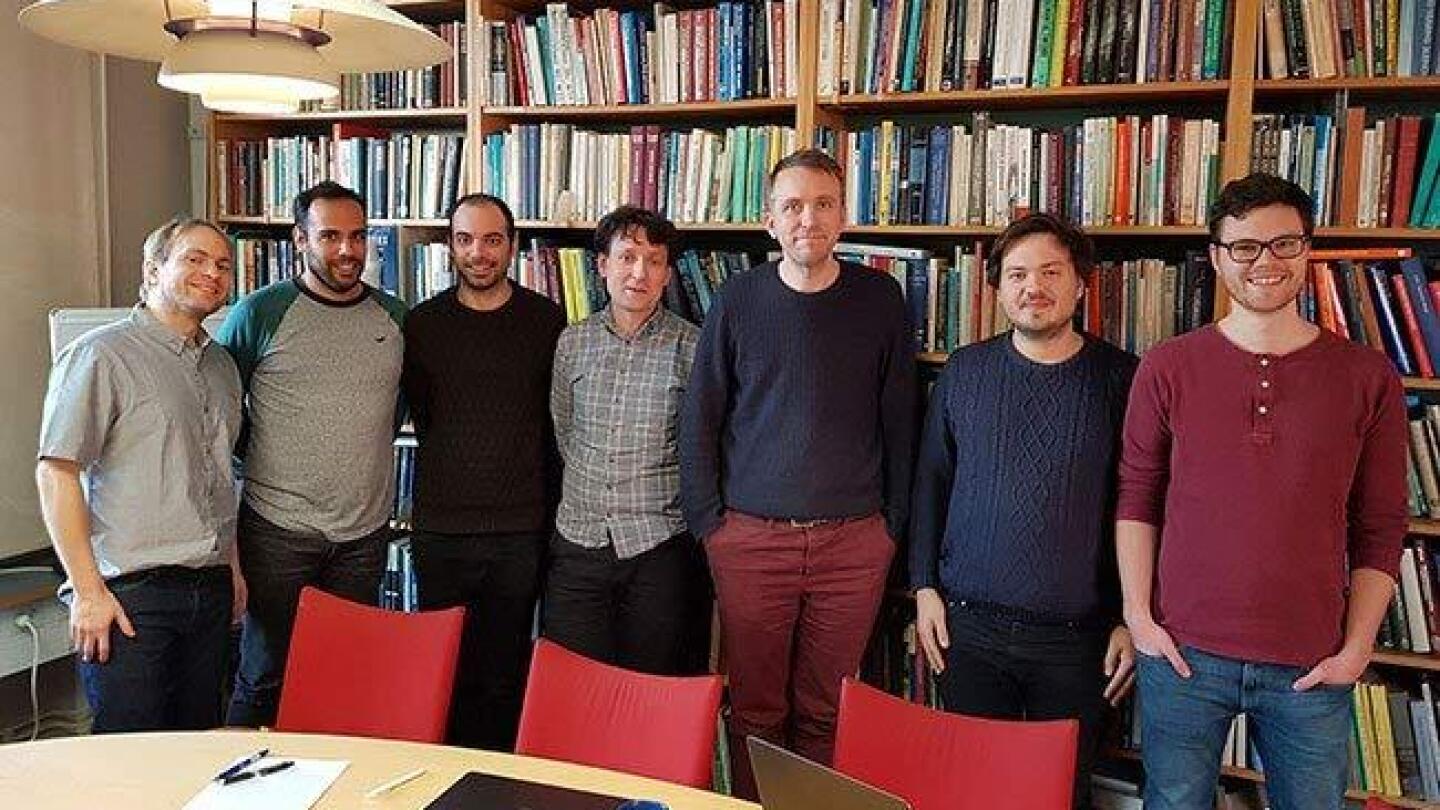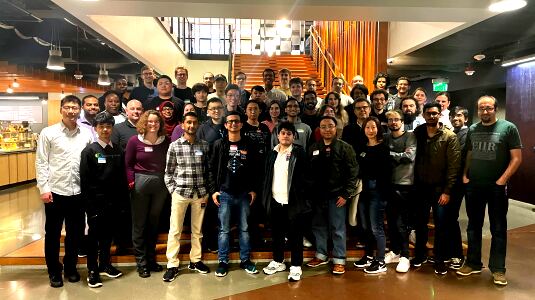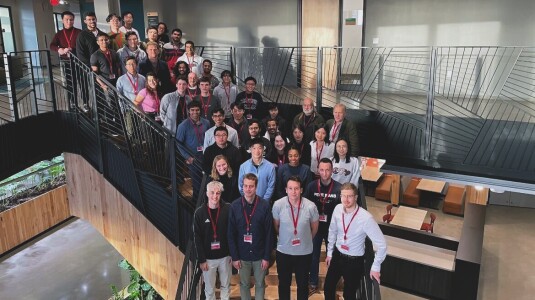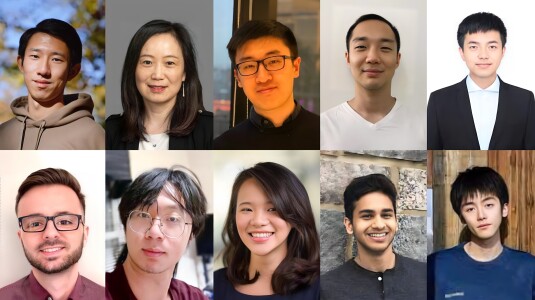The Alexa Prize will give us an opportunity to explore new ways of modelling social interaction from data. Since the quality of the interaction will be highly dependent on the quality of the data, our efforts will also be focused on how to collect the right type of data, so that the agent can learn to have a coherent and engaging conversation for a longer period.
Patrik J. - Team leader
Patrik is a second-year PhD student at the speech, hearing and music department at The Royal Institute of Technology (KTH) in Stockholm, Sweden, specializing in social robotics. He has a double master's degree in Human-Computer Interaction and is especially interested in multi-modal interaction, artificial intelligence and human-robot interaction. He has a strong software engineering background and has successfully built and deployed large scale data processing systems, for example in the financial industry. Currently he is working on a project aimed at creating a long-term interaction system between elderly and a social robot.
Irmak D.
Irmak is a PhD student in the Robotics, Perception and Learning lab at KTH Royal Institute of Technology in Stockholm. She completed her master's degree in Middle East Technical University, Turkey, where she focused on extending Boltzmann Machines in an incremental and hierarchical way to model context in robots. She is experienced in various deep learning methods, having completed graduate level extensive courses and projects. Her current work is based on verbal communication in social robots by using crowdsourcing data and she is interested in generating social behaviors for robots.
Jonas I.
Jonas is a masters student in the cognitive systems track of the computer science program at KTH Royal Institute of Technology, Stockholm. For his bachelor program he studied engineering physics. He focused on mathematics and algorithms, and wrote his thesis on using deep neural networks for synthesizing speech in Swedish. Currently he is a teaching assistant in a signal processing course and taking courses in conversational systems and speech technology. In the future he intends to further his ambition of understanding and modelling communication and human cognition.
Mattias B.
Mattias is a Swedish linguist and a second-year doctoral student at Speech, Music and Hearing at the Royal Institute of Technology, Sweden. His main area of expertise is applied linguistics, and he holds two Master of Arts degrees in Bilingualism and English Linguistics, respectively. Currently, he is exploring non-verbal communication in face-to-face interaction and multiparty dialogues, with gaze and eye-gaze based applications as the focus of his research. In the future, he would like to contribute to the advancement of eye-based technological aids in everyday environments.
Per F.
Per is a PhD student in speech technology at KTH Royal Institute of Technology, Stockholm with a background in cognitive science and natural language processing. His major interests are in language technology, philosophy of mind and believes that an interdisciplinary approach is necessary for solving the challenges of artificial intelligence. Currently works on creating semi-supervised human-in-the-loop methods for utilizing large quantities of found data - data not collected with the purpose of being used in (speech) research.
Ulme W.
Ulme is a MSc student enrolled in the Machine Learning program at The Royal Institute of Technology (KTH) in Stockholm, Sweden. He has a passion for using quantitative approaches to describe phenomena in the world, and he has worked in statistical modelling of photon interactions for medical imaging. Ulme holds a BSc in Engineering Physics, and has been pursuing undergraduate studies in Business and Economics at the Stockholm School of Economics (SSE) in parallel with his studies at KTH.
Marketa S.
N/A
Gabriel Skantze - Faculty advisor
I am an Associate Professor in Speech Communication and Technology, with a specialization in Conversational Systems, at the Department of Speech Music and Hearing at KTH in Stockholm. I am also a faculty member of the SRA ICT-The Next Generation platform at KTH.
Oliver was previously a research fellow at Stanford and Edinburgh Universities, and holds a PhD from Edinburgh. He has led several national and international research projects.
Verena has gained her PhD in 2008 from Saarland University and spent her postdoctoral years at the University of Edinburgh, before she joined Heriot-Watt in 2011. She currently leads a group of 7 full-time researchers (4 PostDocs, 3 PhDs), mainly funded by the EPSRC.





